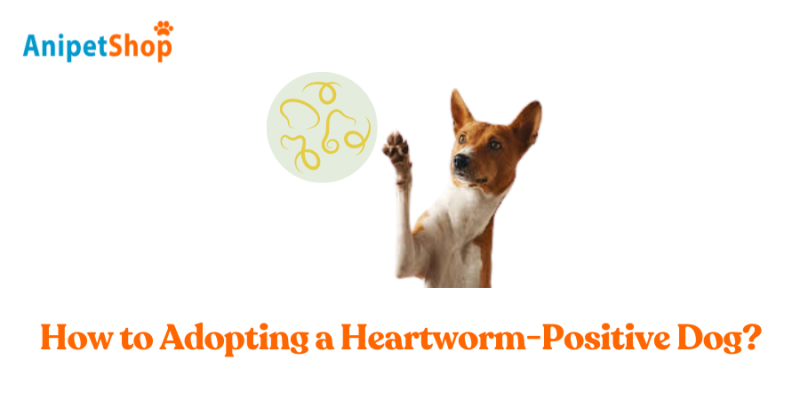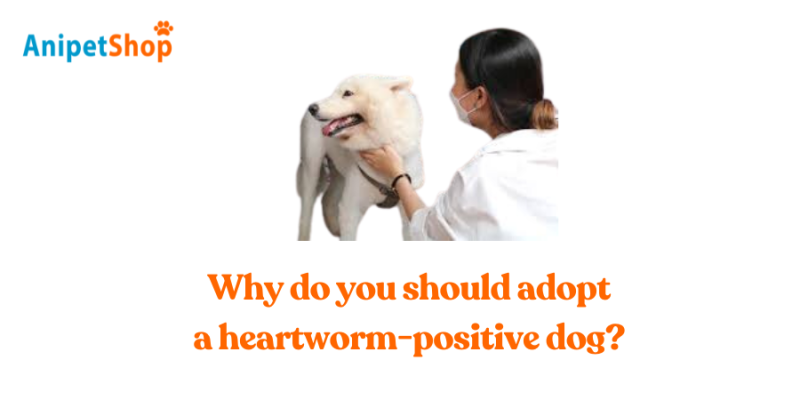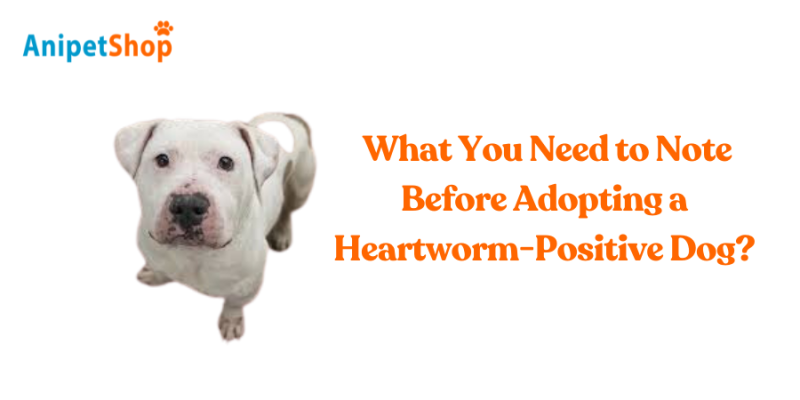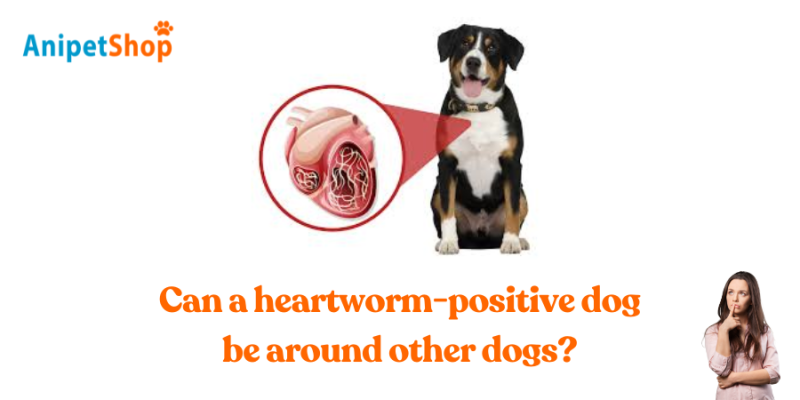How to Adopting a Heartworm-Positive Dog?

When you’re thinking about adopting a heartworm-positive dog, it’s crucial to know what to expect. Gather their medical history, understand the disease’s stage, and prepare for the associated responsibilities and costs. Some shelters offer low-cost testing or discounted care, which can help with expenses. Informed decisions ensure your new pet receives the care needed for a joyful, healthy life.
But what should you ask the shelter, and how can you make sure your new furry friend adjusts smoothly?
What to Ask the Shelter
- Medical History: Request detailed records, including vaccination and treatment history.
- Stage of Heartworm: Understand the severity of the disease; it influences the treatment plan.
- Cost Estimates: Ask for a breakdown of potential costs for treatment and ongoing care.
- Shelter Support: Inquire if the shelter offers or partners with clinics for low-cost treatments.
By asking the right questions and providing a nurturing environment, you can help your heartworm-positive dog transition to a healthy and happy life.
Ensuring a Smooth Adjustment:
- Veterinary Care: Schedule an immediate vet visit for a comprehensive health check.
- Safe Environment: Create a calm, stress-free space for your dog to rest and recover.
- Follow Treatment Plans: Adhere to the vet’s treatment regimen, including medications and follow-ups.
- Monitor Activity: Limit your dog’s exercise to prevent strain on their heart and lungs during treatment.
Why should you adopt a heartworm-positive dog?

Adopting a heartworm-positive dog is a rewarding experience. After treatment, these dogs can lead normal, healthy lives. Many adopters overlook them, so they often stay in shelters longer. By adopting one, you’re saving a life and making room for another dog in need.
Heartworm-positive dogs are just as loving, loyal, and playful as any other dog. Their condition doesn’t affect their personality or capacity for affection. Shelters and rescues usually provide the necessary treatment or guide you through it, ensuring the dog gets proper care.
Adopting a heartworm-positive dog can also be cost-effective. Many shelters reduce adoption fees to encourage their adoption. Some even cover the initial treatment costs, which can lower your expenses.
You’ll also feel a deep sense of fulfillment. Watching a dog recover from a serious condition and enjoy life again is heartwarming. By adopting a heartworm-positive dog, you’re making a compassionate and impactful choice.
What You Need to Note Before Adopting a Heartworm-Positive Dog?
Before adopting a heartworm-positive dog, it is important to gather their past and current medical history, including diagnostics and treatments received. Understanding the heartworm disease stage, treatment status, and any side effects experienced is crucial for proper care. Additionally, checking if the shelter offers low-cost testing or discounted medical care can help manage future expenses.
Having this information will ensure that you are prepared to provide the necessary care and support for a heartworm-positive dog. It is essential to make an informed decision and be aware of the responsibilities and costs associated with their treatment and ongoing care.

Heartworm Treatment Options for Adopted Dogs

Understanding heartworm treatment for adopted dogs is vital for their recovery and health. There are two primary methods: the fast-kill and slow-kill approaches.
The fast-kill method, often preferred, involves melarsomine injections to eliminate adult heartworms. This treatment requires several injections over a few months and is highly effective. It quickly removes adult worms, reducing infection duration. However, it demands strict exercise restrictions to prevent dead worms from causing lung blockages.
The slow-kill method uses monthly doses of heartworm preventatives, like ivermectin, to gradually eradicate adult worms. It also targets larvae and microfilariae but takes much longer, potentially years. This method is gentler on your dog’s body but needs consistent long-term commitment and regular vet visits.
Both methods have benefits, but the fast-kill method is usually quicker and more effective. The best choice depends on your dog’s health and your vet’s advice.
Always consult your vet to determine the most suitable treatment for your newly adopted heartworm-positive dog.
Can a heartworm-positive dog be around other dogs?

Despite common misconceptions, a heartworm-positive dog can safely be around other dogs. Heartworm disease isn’t contagious and can’t spread directly from one dog to another. The only way a dog can contract heartworms is through the bite of an infected mosquito. So, as long as there are no mosquitoes, there’s no risk of spreading heartworm from one dog to another.
Heartworm disease requires a specific transmission process. When a mosquito bites an infected dog, it picks up microscopic heartworm larvae. These larvae develop inside the mosquito before being transmitted to another dog through a subsequent bite. Without the mosquito as an intermediary, the larvae can’t move from one dog to another.
Thus, your heartworm-positive dog poses no threat to other dogs in your household or neighborhood. You can let them interact and play as usual. Just continue to follow your vet’s treatment and prevention plan. This ensures your furry friend gets the care they need while maintaining a safe environment for all pets involved.
Conclusion
Adopting a heartworm-positive dog is a noble choice that gives a deserving pet a second chance. Before you proceed, understand their medical needs, treatment stages, and potential costs. Ask the shelter about affordable care options.
With proper treatment, your new furry friend can live a happy and healthy life. Your commitment can make all the difference in their recovery and future well-being.
Lily Watson is an author specializing in veterinary care in Australia. With a profound passion for animal welfare and a solid foundation in veterinary science, Lily has dedicated herself to disseminating valuable knowledge and information for both pet owners and professionals in this field.

